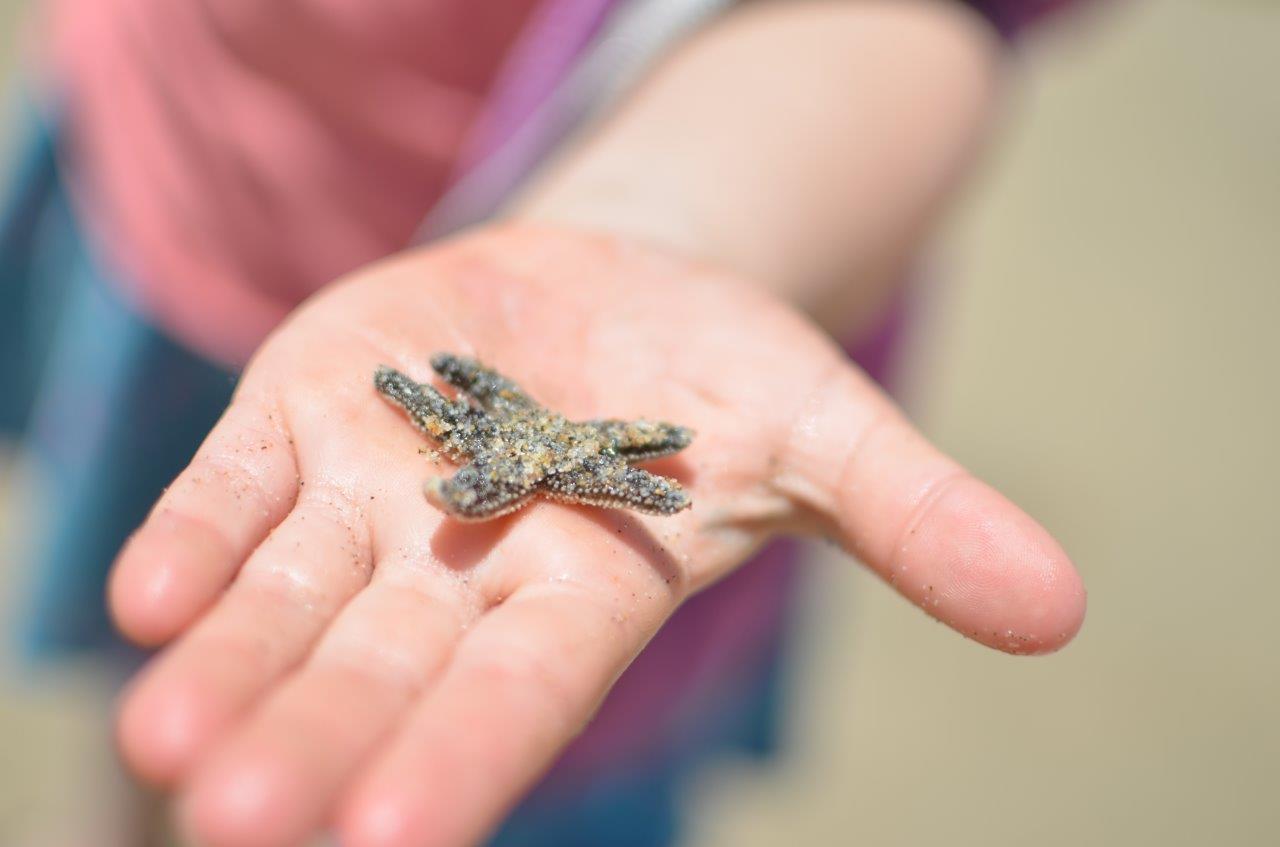
Stanford researcher receives NSF grant to study science learning at zoos, aquariums
A trip to the zoo or aquarium gives visitors a chance to see animals they may never otherwise experience. It's also an opportunity for deep engagement and learning in science and environmental issues.
To date, however, the long-term impacts of learning about science and the environment in these informal, and potentially powerful, settings aren't well known. Researchers wonder whether, why, and how these out-of-school experiences can make a lasting impact, how best to connect these experiences to everyday life, and how to ensure that visitors have an opportunity for diverse learning experiences.
A new collaborative study by Nicole Ardoin, an assistant professor at Stanford with a joint appointment in the Graduate School of Education and the Stanford Woods Institute for the Environment, is looking to address some of these questions. The study is a collaborative effort among researchers and practitioners in the zoo and aquarium field to help better understand these persistent impacts.
Ardoin's research team, in partnership with colleagues at the Wildlife Conservation Society, the Zoological Society of London and Lancaster University, was just awarded a $115,000 grant by the National Science Foundation for its effort. This is intended to be a planning grant to lay the groundwork for a larger study.
The project, Investigating the Long-Term Impacts of Informal Science Learning at Zoos and Aquariums, will identify opportunities for and barriers to researching long-term impacts of informal STEM (science, technology, engineering and math) learning at zoos and aquariums.
The five-year study aims to develop and test instruments that could be used by the global zoo and aquarium community to measure the long-term impacts of informal STEM learning programs.
"Zoos and aquariums offer an unparalleled opportunity for science learning among an incredibly huge and diverse audience worldwide," Ardoin said. "The interest, passion, and engagement sparked in these settings can be transformative for many visitors, yet understanding the long-term impacts of zoo and aquarium visits is challenging.
Over the next year, the team will be exploring what those impacts might be, what activities foster those impacts, and how we might best measure them, Ardoin said. "I’m eager to work with this international, cross-institutional, and interdisciplinary team as I’m confident they’ll bring fresh perspectives to this endeavor."
The project was among 11 new "Science Learning +" grants awarded by NSF, in partnership with Wellcome Trust (a global charitable foundation based in the U.K.), and the U.K.'s Economic and Social Research Council. Three U.S.-based foundations—the Noyce Foundation, the Gordon and Betty Moore Foundation, and the MacArthur Foundation—also support the initiative.
More information about the grants can be found on the NSF website:
http://nsf.gov/news/news_summ.jsp?cntn_id=133508&org=NSF&from=news
More information on Ardoin's project can be found here:
http://nsf.gov/awardsearch/showAward?AWD_ID=1451313&HistoricalAwards=false



